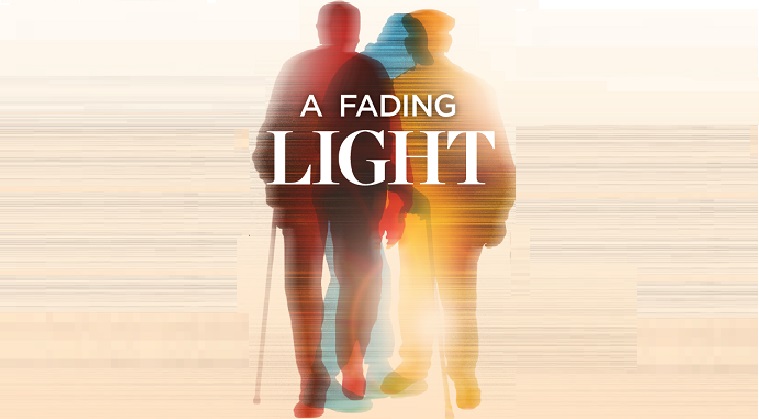A Fading Light: Chapter 15


After about a year, it became clear to me that my husband belonged in a day-care program, but, of course, this was not something he’d agree to — and I knew better than to suggest it
L
ast week I wrote about my decision not to confront my husband z”l with his diagnosis, something he made clear he didn’t want to know about. There were two other instances where I chose not to let him know the full story.
One resolved an otherwise insurmountable problem, the other had an even better outcome, giving him not only pleasure, but also a sense of agency. Neither involved telling him the truth, but as a caregiver, my first concern was for his safety and happiness, and telling the truth wouldn’t have allowed for either.
At a particular juncture in my husband’s illness, I realized that it was unsafe to leave him alone while I was working. There was no way he was going to accept the reality that he needed a caregiver, so I had to think out of the box to make this happen. I came up with a plan. It was complicated to initiate and sustain, but it served us well for quite a while.
We had tried a live-in caregiver, but that was a disaster, and her stay with us was short-lived. She had come with the highest recommendations but lacked what for us was an important quality: flexibility. Despite my instructions and pleas, she insisted on acting like a nurse and treating my husband like a patient.
Once she was gone — after only a few dreadful days — I decided that a live-in was not for us and came up with a new plan. It involved finding a smart, affable, and flexible caregiver, who would understand that this job was unlike any she had had in the past because she could never treat my husband like a patient. She was hired as a housekeeper to work on a long-term project with him, specifically sorting out the mess in our basement, attic, and garage.
At night I prepared for the next day, putting aside what I wished to keep, and writing out instructions for dealing with the rest. I dug out old boxes of photographs, which they put into albums. They tied up old magazines in bundles and deposited them, along with old tools, empty paint cans, and other clutter at curbside to be picked up by the Sanitation Department. They packed hundreds of books into boxes to be donated to the library.
They worked well together, accomplished a great deal, and enjoyed each other’s company. Even if these jobs took only two or three hours each day, they gave structure to that day, provided companionship and care, and gave my husband a sense of purpose and accomplishment. They also gave excuses for breaks, which might include coffee in the garden, a walk, or some other pleasurable activity.
After about a year, it became clear to me that my husband belonged in a day-care program, but, of course, this was not something he’d agree to — and I knew better than to suggest it. I managed to arrange for him to get a “job” at the center and to be paid a weekly stipend.
Work schedules were drawn up for him. Sometimes he made sketches of participants and staff or directed art projects. At other times he did clerical chores. Each and every day he shared jokes and stories with other participants, many of whom were Russian immigrants. He enjoyed speaking Yiddish to them, felt productive, and was eager to go off to his job each morning.
(Excerpted from Family First, Issue 653)
Oops! We could not locate your form.


